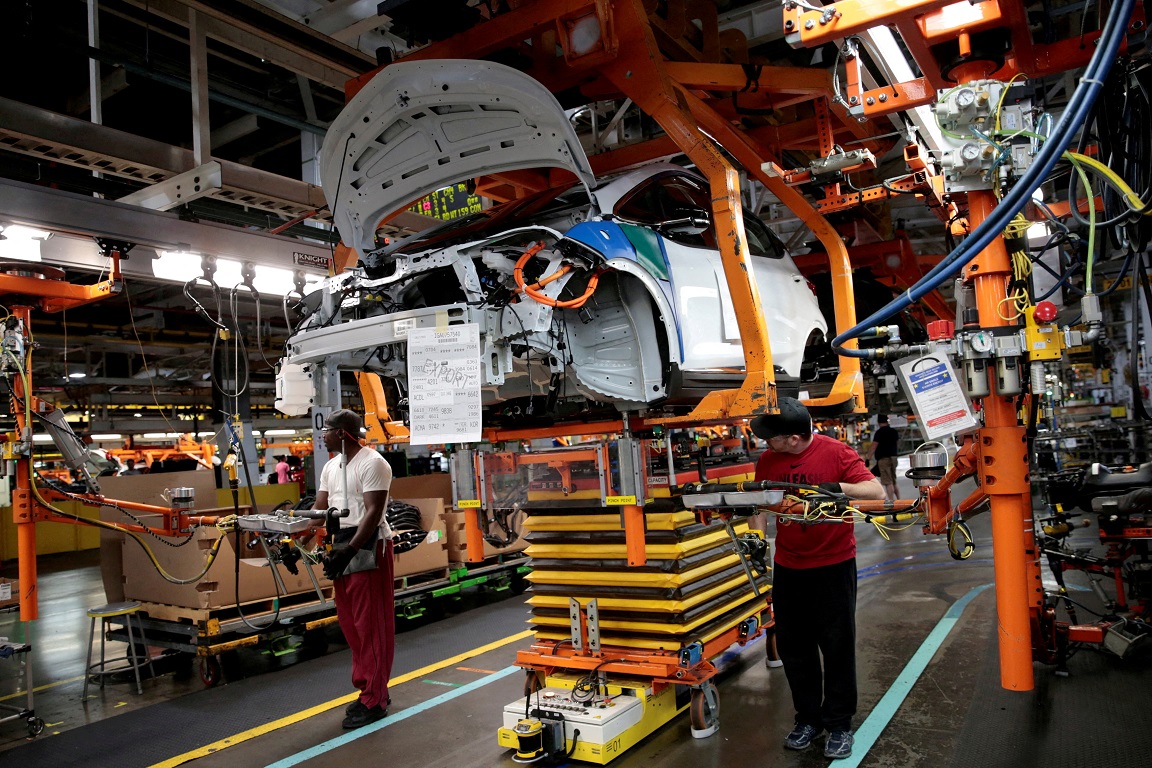11 Dec 2024

Tired Earth
By The Editorial Board

According to the French Ministry of Ecological Transition and Territorial Cohesion, France has recorded over 303,000 registrations of electric and plug-in hybrid vehicles in 2023, compared with 207,000 in 2022, representing a 45% year-on-year increase.
However, the number of end-of-life electric and hybrid vehicles is not yet significant. It currently represents less than 1% of all vehicles processed in specialised recycling centers.
But this situation is set to change rapidly.
“We need to structure this fledgling circular industry, to protect the environment and guarantee French and European industrial sovereignty”, Jean-Philippe Hermine, managing director of the Institut mobilités en transition, an independent think tank, explained to Euractiv.
To meet these challenges, French organisation Mobilians, which represents the interests of professionals in the automotive trade, repair and mobility services, is to publish a study on 13 June, in conjunction with the French National Institute for Industrial Environment and Risks.
The aim is to anticipate developments in the automotive market and the recycling sector.
“After a product has reached the end of its life, and before it becomes waste, it can be reused or recycled”, said Patrick Poincelet, president of Mobilians’ business focused on vehicle recycling.
Prior to recycling, French specialised centres must determine whether an electric or hybrid vehicle’s battery is at risk of explosion or fire. If so, the vehicle must be stored in a quarantine zone, with walls that can withstand one hour of fire.
Recycling raw materials from batteries for greater autonomy
Longer term, vehicle electrification and recycling will be part of a circular economy, which should ensure reduced dependence on oil and greater energy sobriety.
“To avoid producing gigantic batteries, to extend their lifespan, to use fewer materials: we need to rethink the end-of-life of vehicles. It is possible to reduce our dependence on fossil fuels and on third-party countries for the supply of raw material “, Jean-Philippe Hermine pointed out to Euractiv.
To meet growing demand, Lyon-based start-up Mecaware plans to set up a battery recycling plant in Pas-de-Calais by 2028. And the European Regulation on Critical Metals, which came into force on 23 May, aims to facilitate the recycling of raw materials found in electric vehicle batteries.
The European rules require that by 2030, 25% of critical metals should come from materials recycled in Europe, 40% of imported critical metals should be refined on the continent, and 10% should be extracted from European mines.
According to Karima Delli (Greens/European Free Alliance), chairwoman of the European Parliament’s Committee on Transport and Tourism, the industrial dimension of battery recycling is at stake.
“We need to set up a conference on the transformation of the automotive industry, relocate value chains in Europe and create recycling channels. At this stage, we’re not going far enough” the MEP noted in comments to Euractiv.
Competition between specialised end-of-life vehicle centers and car manufacturers?
Since July 2023, the European regulation on batteries and battery waste has required manufacturers to provide information on the carbon footprint of each battery, from mining to recycling.
This ‘battery passport’ should facilitate end-of-life vehicle treatment by specialised centers.
However, French law and the introduction of extended producer responsibility (EPR), in force since the start of 2024, require manufacturers to become more involved in the end-of-life process for vehicles.
Laurent Hérail, president of Mobilians Occitanie, is concerned: “We lack data on the batteries collected from electric vehicles, which are in the hands of manufacturers. They want to recover the raw material and recycle it too. The manufacturers will therefore be in competition with the end-of-life vehicle centers.”
Hermine, director of the Institut mobilités en transition, said “manufacturers are (…) in a position to influence the activity of these centers. Ultimately, this translates into the manufacturers organising the sector”.
Source : euractiv.com
Comment